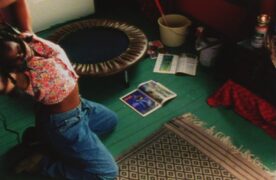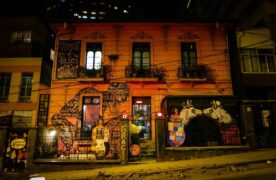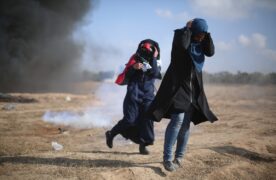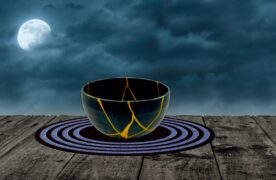Jacqueline Rose began “The plague” with the first UK pandemic lockdown (March 2020) and she finished it with Russia’s invasion of Ukraine two years later. Written, as she puts it, ‘in the heat and chill of its moment’, it is remarkably eloquent and reflective, distinguished by a precision of thought and a commitment to justice.
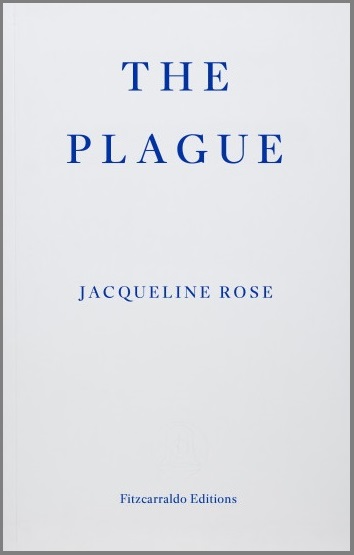 Sean Sheehan
Sean Sheehan
Far more than a document about the pandemic, what she writes finds chilling, prophetic resonance in Israel’s genocidal carpet-bombing of Palestinians and land robbing in the West Bank
Rose’s account of the pandemic is concise and to the point. Across the world, and especially in the UK (one of the worst affected countries in Europe), class and racial inequalities were laid bare and, she shows, women in abusive relationships suffered more than ever before.
The pandemic and the war in Ukraine also revealed the violence inherent in state power: ‘death belongs to the heart of the very legal authority to which we have been appealing to subdue it’. Death is ‘the starkest measure of unjust social arrangements, the prized monopoly of statecraft’.
In a way not unlike the pandemic, the slaughter in Gaza asks what is to be done when death and dying can no longer be safely parked in a corner of the mind where it will not consciously prove bothersome.
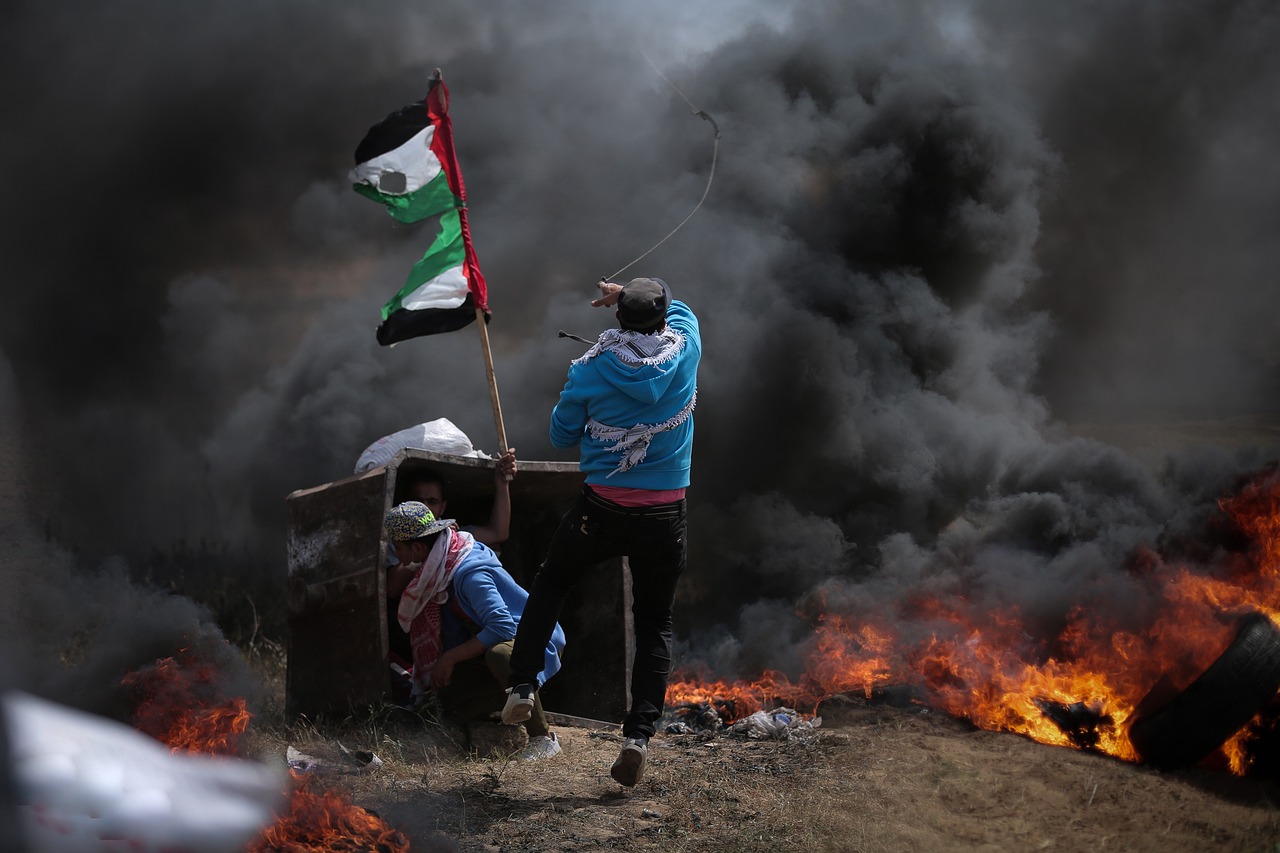 To help find an answer, Rose turns for assistance to the neglected Simone Weil, a political philosopher, trade-union activist and mystic.
To help find an answer, Rose turns for assistance to the neglected Simone Weil, a political philosopher, trade-union activist and mystic.
Weil defies easy categorisation but central to the tapestry of thoughts and feelings that constitute her makeup, is an abiding concern with justice and the need for an ethic that Rose describes as a form of magical thinking: the giving over of ‘one’s very being to the wretched of the earth’ so that negative responses to misery – ‘natural, that is, for those who have even minimally been spared’ – are transformed into ‘a willing and tender embrace’. If this sound dewy-eyed, Weil’s own life and death shows what it meant for her.
The Spanish flu killed almost as many people as both world wars. It did not originate in Spain and nor did the country became more affected than other places.
 It earned its name because Spain was the only nation that did not suppress the awful virulence of the pandemic. There is a need, Rose concludes, to face up to disasters and not brush unpleasant realities under the carpet.
It earned its name because Spain was the only nation that did not suppress the awful virulence of the pandemic. There is a need, Rose concludes, to face up to disasters and not brush unpleasant realities under the carpet.
She turns to an unpublished mediation by Freud about historic catastrophes and what she notes as “the unconscious passage of historical trauma from one generation to the next”. What some people do, writes Rose, is ‘push death aside, treat swathes of the earth’s inhabitants as dispensable, drive the planet to its end’. It is impossible not to apply this to the complicity of so many governments and their supporters with their denials of responsibility for what is taking place in Gaza and in the West Bank.
“The plague”, by Jacqueline Rose, is published by Fitzcarraldo Editions.
(Photos: Pixabay)












.jpg)



